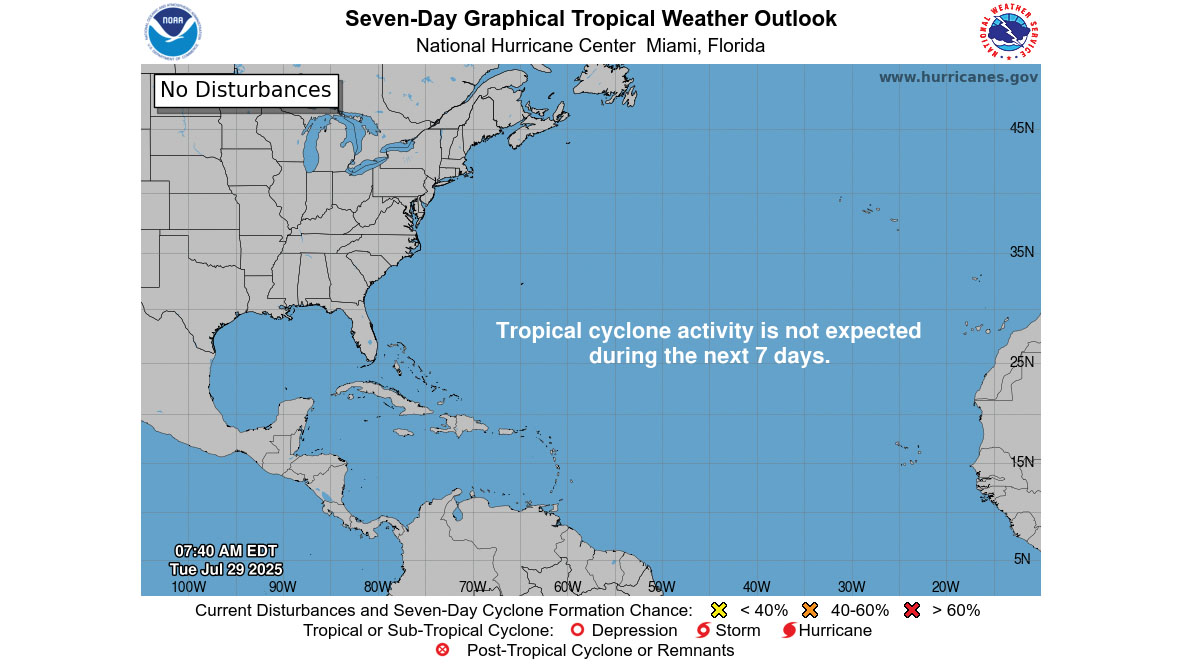What’s the real cost of higher education?
Published 9:55 pm Thursday, April 19, 2018
How much is a college education worth? Over a career, estimates range anywhere from $300,000-$800,000. College graduates earn, on average, about $20,000 more per year than high school graduates.
It is safe to say that college is a worthwhile investment, but that doesn’t mean it is an investment everyone can afford to make. Paying for college will get more expensive at the state’s eight public universities next fall, following the announcement of more tuition hikes. The average increase in tuition is expected to be 4 percent.
The statewide average for two semesters of full-time tuition and fees will rise by an average of $309 to $7,626 for in-state undergraduates. If a student spends four years in college, that’s about $31,000 in tuition and fees.
Trending
Most students don’t pay the full amount. Grants, scholarships and other sources of aid offset that somewhat. But it still leaves students borrowing to pay for their education. As tuition increases, more students will have to borrow more money. And the price of college tuition is outpacing incomes. In-state tuition will have risen 65 percent from fall 2008 to fall 2018, while the typical Mississippi family’s yearly income has risen 15 percent during that time, The Associated Press reported. It now takes nearly one-fifth of a typical family’s yearly income to pay the full price of tuition at a Mississippi public university.
If incomes continue to remain flat while tuition continues to rise, public universities will price themselves out of the market. It’s hard to argue that a four-year university degree is worth 65 percent more than it was in 2008. If increased cost doesn’t equal increased value, prospective students may go elsewhere.
Though community colleges have raised tuition as well, it’s still a much cheaper option than heading straight to a university from high school. Co-Lin’s tuition is about $3,180 a year, less than half the average for a state university.
Universities and community colleges will have to figure out a way to hold costs down if they hope to continue to serve Mississippi well. At some point, if tuition continues to increase, students may decide that the cost of a college education is not worth what they are charging. A less-educated population is not an ingredient for a successful Mississippi.





